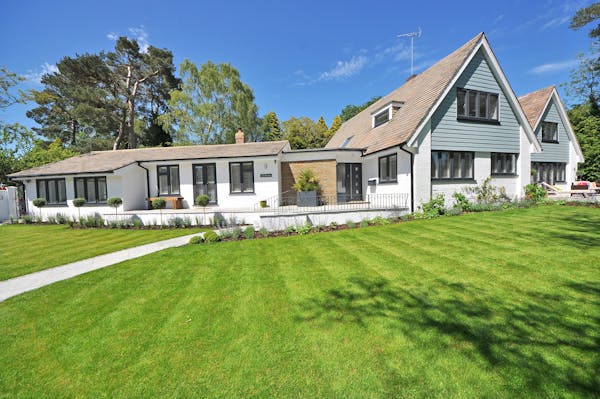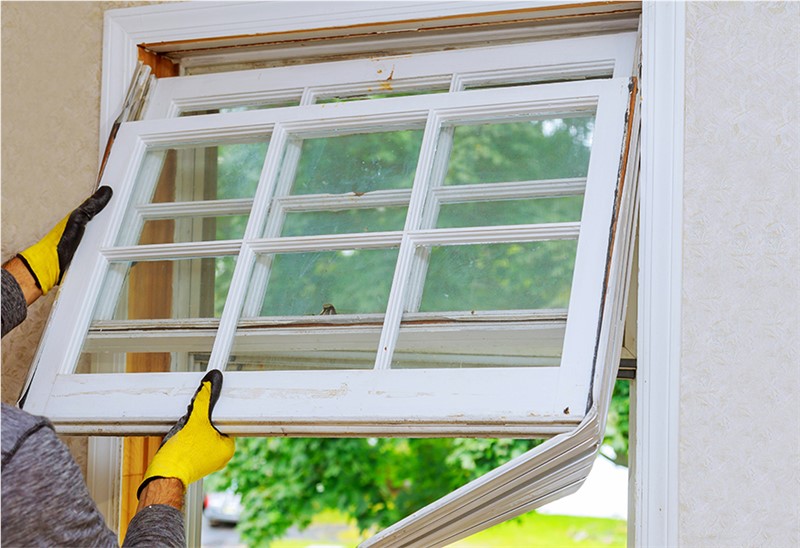Insulation FAQ: What is Blanket Insulation

Insulation is a vital component of an energy-efficient home, and there is a wide range of insulation methods. With so many types of insulation available, it can certainly be overwhelming trying to find the right solution for your home. In this article, we are specifically looking at blanket insulation, including what it is, where it is applied in the homes, its pros and cons and if it is right for homes in Maryland and Virginia.
Blanket Insulation Explained
Blanket insulation is one of the most common and widely used types of insulation. It comes in the form of batts and rolls which are made of materials such as fiberglass, polyester, natural wool and rock wool. While batt insulation is available in pre-cut panels, roll insulation comes with and without facing, and rolls can be cut and trimmed to fit the space you are filling. Blanket insulation can also be used as acoustic insulation for commercial buildings.
Blanket Insulation: Where is it Applied?
Blanket insulation is typically installed in walls, floors and ceilings of residential homes to build a thermal barrier (which helps with the reduction of heat transfer from the outside in and vice versa). It is usually installed in spaces without too many obstacles (like pipes or wiring. Some of the most common places to install insulation include:
- Attic trusses, floor joists and wall studs
- Between beams and studs
- Wrapped around ductwork and pipes
- Retrofitted in the attic over existing insulation
What is its R-Value? Is it Energy Efficient?
Blanket insulation is an incredibly energy-efficient type of insulation. The R-value (thermal resistance rating and measure of its energy efficiency) is dependent on its thickness. However, blanket insulation typically has an R-value of around R-2.9 to R-3.8 per inch of thickness. If you choose a higher-performance fiberglass blanket or batt insulation, the R-values sit between R-3.7 and R-4.3 per inch of thickness. The higher the R-value, the more energy efficient it is.
The Pros and Cons of Blanket Insulation
By and large, blanket insulation is an excellent insulation material. Here are some of its pros:
- It is affordable and more cost-effective than other popular insulation materials like foam insulation.
- It is simple to install, especially if your home does not contain small crevices that need sealing off.
- It is an excellent insulator against outside noise, as well as noise between different rooms and floors of a house.
- When installed correctly, it is an extremely energy-efficient insulative material, with studies showing batt insulation can reduce the amount of energy needed to heat and cool a home by as much as 50 per cent.
It does have some drawbacks, however, which should be noted when deciding on whether it is the right insulation material for your home improvement project:
- Its durability is not as good as other insulation materials – it can break down faster, meaning its thermal protection reduces faster over time.
- As it does not have as high an R-value as other insulation materials, if you are insulating an attic or crawl space that has already been built, you will need to ensure there is plenty of room for installation as you may need to add 10-12 inches of insulation to achieve the right amount of insulation.
Is Blanket Insulation the Best Choice for Homes in Virginia and Maryland?
Overall, blanket insulation is an effective insulation material for homes in Virginia and Maryland. This is because the region of Virginia and Maryland typically experiences mild weather across the year, meaning blanket insulation functions well in homes in these two areas. However, the amount of blanket insulation your home requires will depend on the type of air conditioning unit you have, as well as the part of the home you plan on insulating with blanket insulation. For example, if you want to insulate your attic, you would need an R-value of R-30 to R-60. If you want to insulate your floor, you would need an R-value of R-25 (which is a lot thinner).
Ready to Start Your Next Blanket Insulation Project?
Get in touch with professionals at WoW today for an obligation-free quote on your next insulation project. We can help you determine if blanket insulation is the right fit, and offer any additional tips, tricks and advice to make your home both beautiful and energy efficient.








